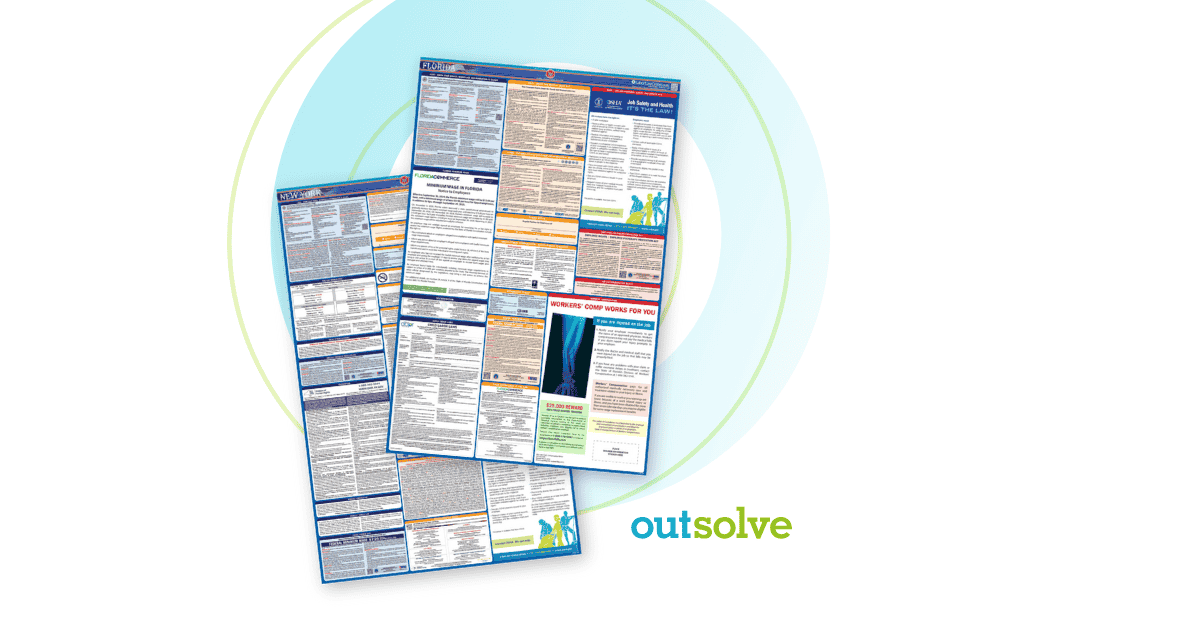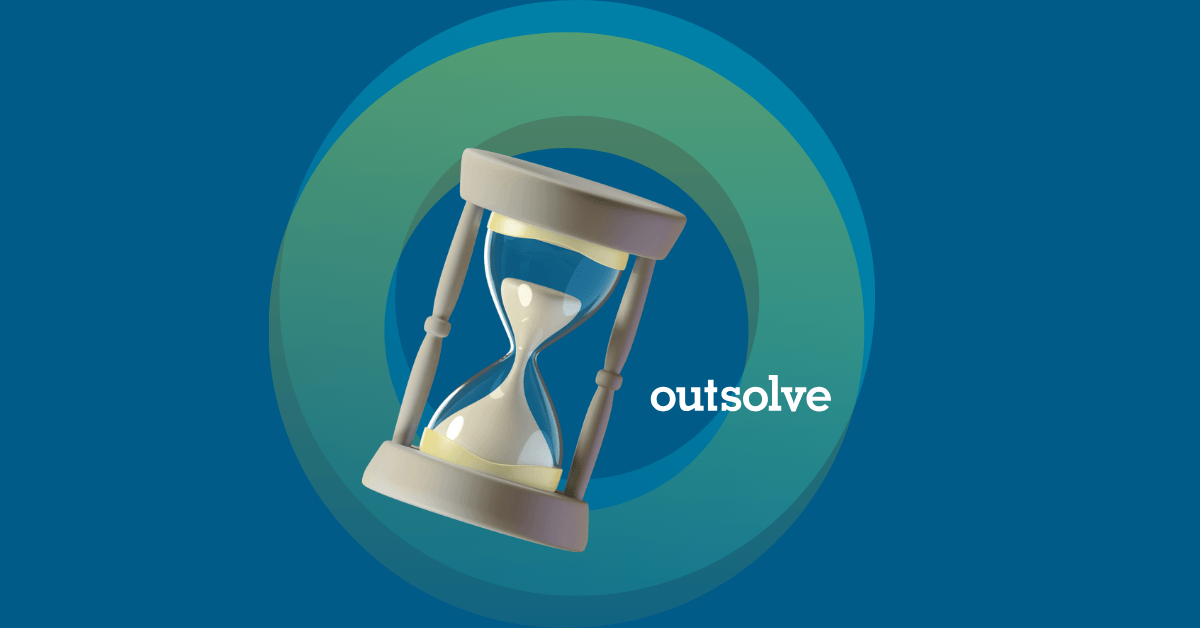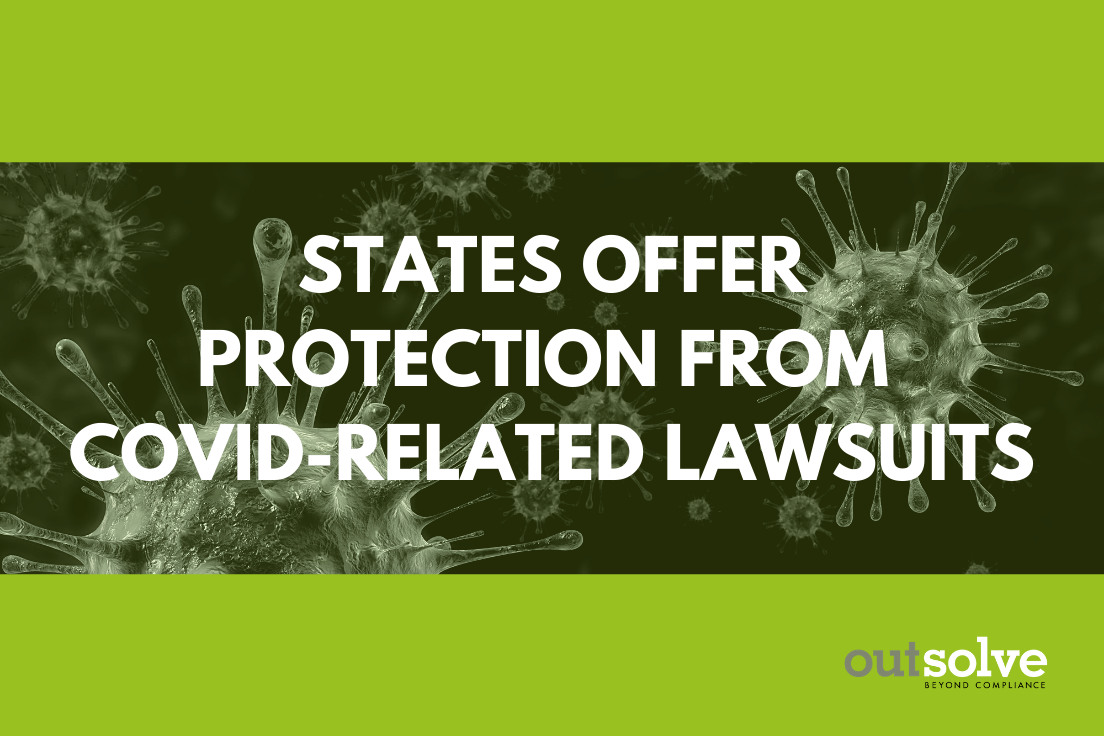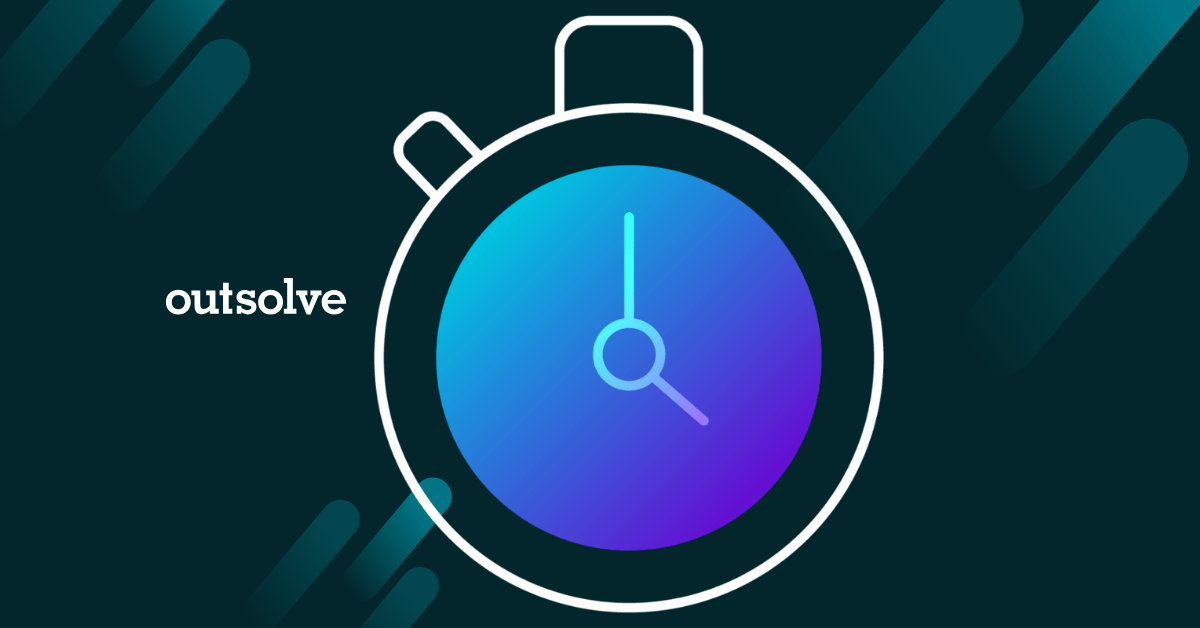California, Georgia, Iowa, North Carolina, Oklahoma, Utah, Wisconsin and Wyoming have implemented various limited liability protections; many other bills pending at state level
As businesses continue to reopen, they may face liability if COVID exposure is connected to their place of business. Since COVID-19 is extremely contagious, even if businesses implement strict safety protocols, they may not be able to stop the spread of the virus. Several states have taken that into consideration and have enacted laws to limit the liability of businesses from COVID-related legal actions.
The states include Georgia, Idaho, Iowa, Louisiana, Massachusetts, North Carolina, Oklahoma, Utah and Wyoming. Many other states have bills pending.
On June 26, 2020, Georgia passed the COVID-19 Pandemic Business Safety Act, which provides a heightened standard for gross negligence for three types of claims: (1) for transmission of COVID-19, (2) for medical malpractice related to COVID-19, and (3) against manufactures of person protective equipment.
Idaho HB 529 provides civil immunity for architects, engineers and contractors during disasters in response to a declared national, state or local emergency, disaster or catastrophic event. The act is effective July 1, 2020.
Iowa enacted the COVID-19 Response and Back-to Business Limited Liability Act which provides ongoing and retroactive, dating back to January 1, 2020, protection to businesses in the state. No suit may be file due to exposure unless inpatient hospitalization or death has resulted. Anyone seeking to recover damages for exposure must show that the business “recklessly disregarded a substantial and unnecessary risk that the individual would be exposed to COVID-19,” “exposed the individual to COVID-19 through an act that constitutes actual malice,” or “intentionally exposed the individual to COVID-19.”
Louisiana passed several bills to limit liability. SB 435 provides certain immunity from civil liability during state of emergencies. SB 491 limits liability of persons who provide relief or recovery equipment or services during a declared state emergency. SB 508 limits liability for restaurants that provide food-to-go during a state declared emergency and HB 826 provides limited liability for health care providers, certain real estate owners and certain private persons, firms or corporations during the COVID-19 health emergency.
Massachusetts has five bills pending and has passed SB 2640 which provides liability protections for health care workers and facilities during the COVID-19 pandemic and extends such protections to volunteer organizations.
On May 2, 2020, North Carolina signed into law the COVID-19 Recovery Act providing limited immunity for health care workers, essential businesses, and emergency response entities against COVID-19 contraction claims filed on or after March 27, 2020. Section 4.14(a) amends the Commerce and Business Chapter by adding an Article titled “Limited Business Immunity.” The provision provides immunity from civil liability to an essential business for certain claims for COVID-19 related injuries and deaths.
On May 12, 2020 S.B. 300 was signed into law in Oklahoma to provide immunity to a healthcare facility or healthcare provider from civil liability for any alleged loss or harm to a person with a suspected or confirmed diagnosis of COVID-19, unless the act or omission was the result of gross negligence or willful or wanton misconduct. SB 1946 establishes immunity from civil liability for persons or entities conducting in the business from actions related to an injury from exposure or potential exposure to COVID-19 if the act or omission alleged to violate a duty of care of the person or agent was in compliance with federal or state regulations. On May 21, 2020 S.B. 1947 was passed to provide civil liability protection for businesses safely reopening while acting in accordance with government guidance or those operating as a government directed essential business. The bill also provides lawsuit protections to those who manufacture or donate materials needed in response to the virus.
On May 4, 2020 S.B. 3007 was signed into law in Utah and grants civil immunity to persons related to exposure to COVID-19. Under the law, a person is immune from civil liability for damages or an injury resulting from exposure of an individual to COVID-19 on the premises owned or operated by the person, or during an activity managed by the person. The law applies broadly to individuals, associations, institutions, corporations, companies, trusts, LLCs, partnerships, political subdivisions, government offices, etc.
Wisconsin’s AB 1038 authorizes autopsies for the death of an inmate due to COVID-19 and establishes a civil liability exemption for persons who manufacture, distribute or sell emergency medical supplies to respond to a public health emergency.
Wyoming amended an existing law to provide immunity from liability lawsuits to businesses acting in good faith and following best practices as advised by public health orders. Businesses will still be held liable for gross negligence or willful misconduct when dealing with COVID-19. A working group has been set up to review the liability issue with stakeholders in order to draft a new bill. [SF1005 Coronavirus immunity provisions]
Founded in 1998, OutSolve has evolved into a premier compliance-driven HR advisory firm, leveraging deep expertise to simplify complex regulatory landscapes for businesses of all sizes. With a comprehensive suite of solutions encompassing HR compliance, workforce analytics, and risk mitigation consulting, OutSolve empowers organizations to navigate the intricate world of employment regulations with confidence.
Recent Posts
Related Posts

Former DOL Officials Issue Open Letter to Federal Contractors
On April 15, 2025, ten former senior officials from the U.S. Department of Labor (DOL), including past leaders of the Office of Federal Contract...

The Ultimate Guide to Multi-State Labor Law Posters
Human Resources professionals understand how important and challenging it can be to remain updated and compliant with labor laws. This is especially...

Countdown: Final Days of the 90-Day Safe Harbor Period for AAPs
April is here and with that comes the end of the 90-day safe harbor period for federal contractors complying with EO 11246. As April 21, 2025,...



